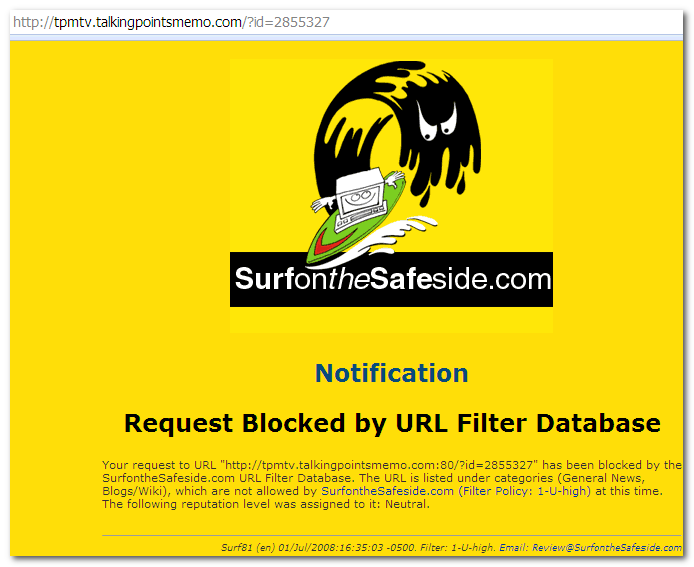Dismantle Storrow Drive
Most brilliant idea so far this year. In brief, Storrow Drive was never supposed to exist. Now it needs massive repairs, which will be both expensive and disruptive. Rather than fix it, some are calling to simply remove it, similar to when San Francisco decided to tear down its elevated highway after it was severely damaged in an earthquake. Proponents of dismantling Storrow Drive include former Secretary of Transportation Fred Salvucci and former DPW associate commissioner Ken Kruckemeyer. Not your typical wild-eyed anti-car fanatics.
The nay-sayers — and this Radio Boston episode shows there are many — fail to understand induced demand. Many share the naive belief that if a highway is removed, all the traffic it once carried will be redistributed to other roads, thus further increasing congestion. But it’s not a zero-sum-game. Numerous examples show that tearing down a highway can actually relieve traffic — not to mention result in enormous aesthetic and environmental benefits. Road networks are dynamic systems — change one parameter and the rest will readjust as well: gas prices, tolls, road congestion/capacity, suburban and urban property taxes, MBTA fares and service levels, regional land use and transportation planning policies, all feed into each other. One caller to the Radio Boston show claimed she needs to use Storrow Drive daily because there isn’t enough parking at Alewife! (I don’t think I need to spell it out, but I think we can safely assume that improving the Alewife parking garage will be a good bit cheaper than rebuilding Storrow, without needing to look up the precise numbers. Plus it will reduce congestion, improve air quality, and increase T ridership).
Of course it would be equally naive to assume any road can be removed without consequence on congestion, but dismantling Storrow Drive seems like a perfect start for the post-carbon era.
